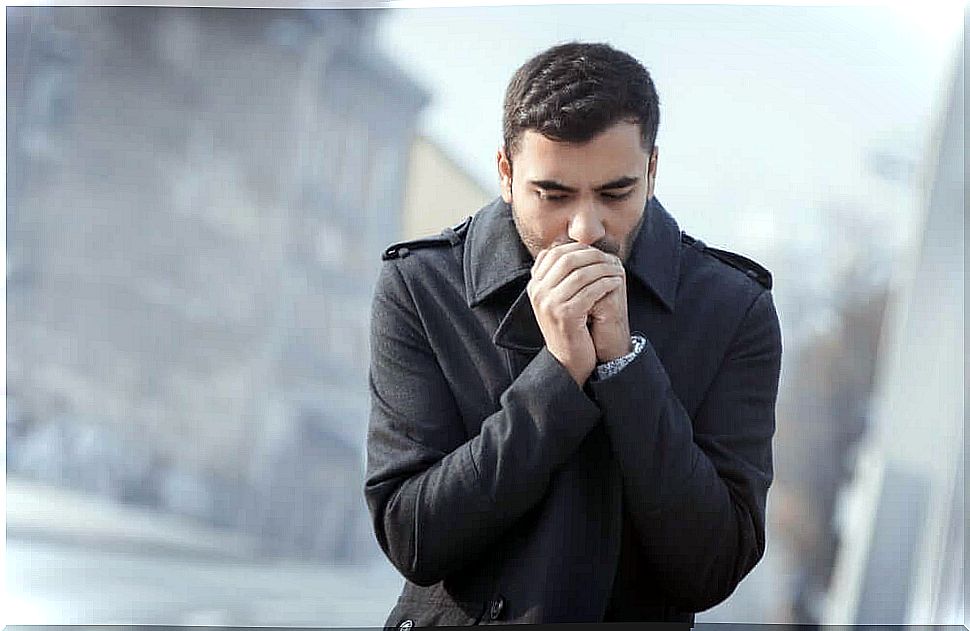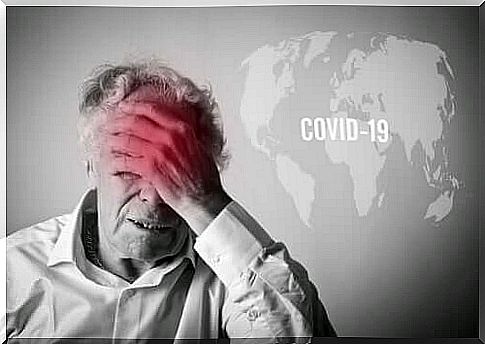Hypochondria In Times Of The Corona Pandemic
The current corona pandemic worries us and presents us with many new challenges. During this difficult time, we need to understand people with hypochondria and provide them with psychotherapeutic support.

Since the beginning of the corona pandemic, we can observe that hypochondria is occurring more frequently. This phenomenon manifests itself on different levels: In mild cases there is a suspicion of being infected with SARS-CoV-2 and therefore those affected interpret every symptom, such as a simple sneeze, as evidence of this.
In serious cases, however, the hypochondria manifests itself much more strongly: The person concerned is quite sure that they have COVID-19 and even develops certain symptoms. In truth, however, she is very healthy. Affected people suffer greatly from their imaginary illness, because they really believe they have been infected with it, but are not receiving the appropriate treatment.
We have to take into account that the current corona crisis has various effects, including on mental and emotional health. The constant bombardment of information as well as the general state of alarm trigger stress and worry. It is therefore understandable that more people suffer from hypochondria.
Hypochondria in times of the coronavirus

Hypochondria is a mental disorder that is characterized by a fear of illness. This fear leads those affected to constantly analyze possible physical symptoms of an illness and to interpret them in an exaggerated manner.
In many cases, the imaginary signs actually result in physical symptoms, such as specific pain and various types of paralysis. The people affected do not want to fool anyone, they are actually convinced that they are sick.
The coronavirus pandemic is creating additional fear and worry and we are constantly talking about it. It is therefore only logical that more people should suffer from hypochondria during this difficult time. So the corona crisis is a factor that aggravates the symptoms of most hypochondriacs.
The corona pandemic triggers fear and nervousness
Fear manifests itself in many different ways and leads to different disorders. What hypochondriacs have in common is that they are unduly worried about the future. In other words, you assume that a threat will do a lot of damage.
Under normal circumstances, even if there are no signs of danger or risk, a nervous person is afraid of what might happen. But in the current situation there is indeed a risk that could cause great damage.
Then there is the general uncertainty, because we cannot yet estimate how the situation will develop. This makes us all a little nervous or anxious. People who suffer particularly badly from it can easily become hypochondriac.
Somatization and Hypochondria

A psychologically stable person experiments understandable concerns in the current situation. She may not feel comfortable hearing the news about the new coronavirus, but afterwards she returns to her normal emotional state and occupies her mind with other things.
But people who have a strong fear, which does not necessarily have to be pathological, can have difficulties in times of crisis. Their interest in this topic can be obsessive, they can take extreme precautionary measures, or they can somatize the disease. They suspect they have symptoms, although there is no basis for them.
In this case, the person concerned may take their body temperature or misinterpret the slightest cough or other cold symptoms. She then often becomes aware of her own mistake, but can still repeat it.
However, hypochondriacs go further. As a rule, you cannot assess the situation yourself and cannot find a logical explanation. Rather, they actually feel sick and believe that they are the victims of neglect if those around them do not agree with them and do not help them.
What to do with hypochondria in times of the coronavirus?
During the corona pandemic, preventive measures such as social distance, hand washing, etc. are recommended. But another preventive measure is of particular importance: We have to maintain our mental health! In such difficult times, our emotions and minds are put to the test and can become unbalanced.
We have to try not to get carried away with catastrophic thinking and sensational information. Of course, we cannot turn our back on the current situation and pretend that nothing has happened. However, it is very important to limit our time for messages and focus on other things for the rest of the day. Take deep breaths, exercise, and make mediation a habit.
It is extremely important for hypochondriacs not to contradict them, as this will make them feel more vulnerable. A psychotherapist can initiate the right treatment and help those affected.









